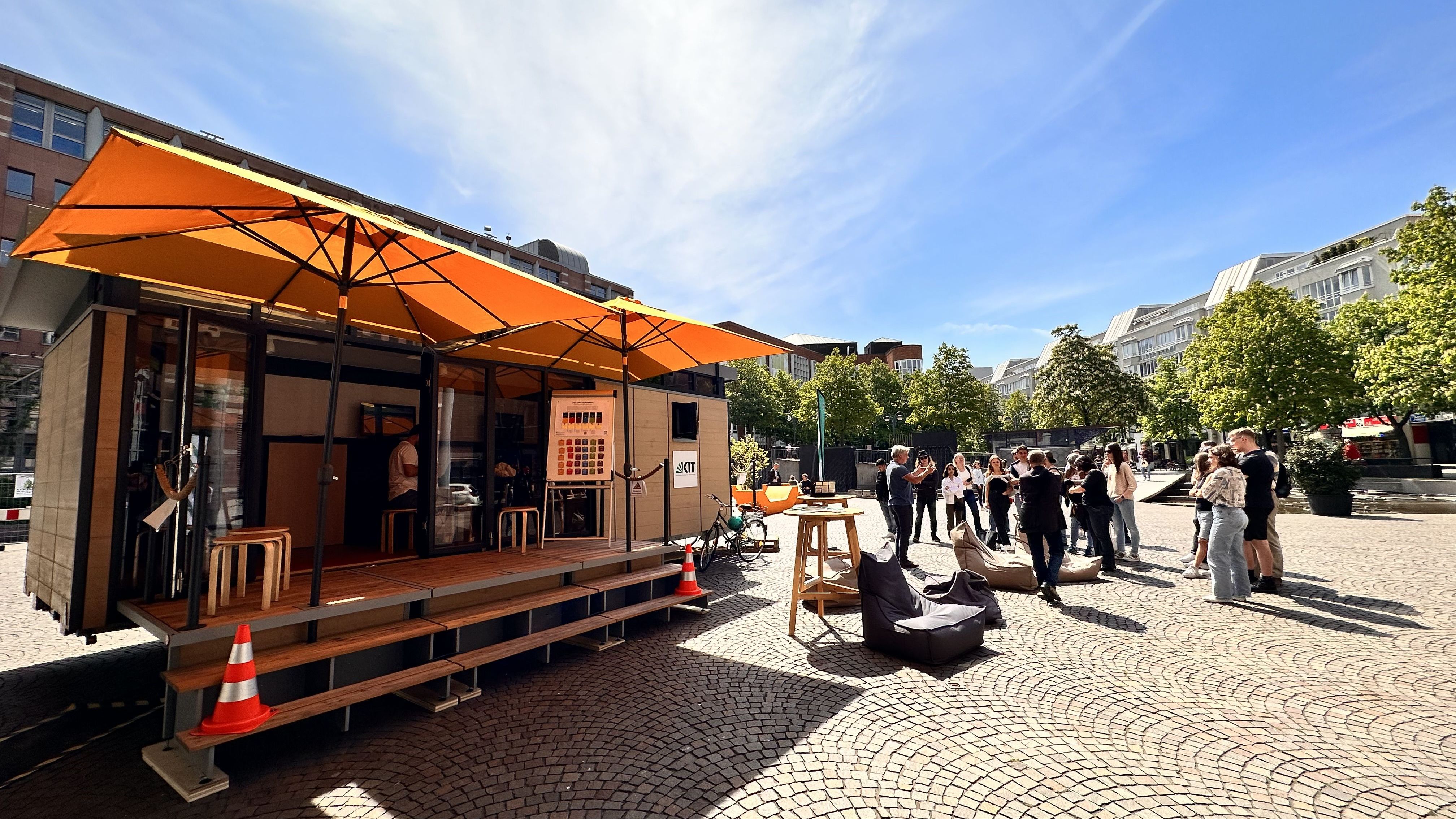People in Europe are facing a combined housing and energy crisis that is aggravating social inequality. Access to affordable housing is limited, and the rising rents and energy prices make it even more difficult. The PREFIGURE project, coordinated by Karlsruhe Institute of Technology (KIT) and funded by the EU, now aims at addressing the complex housing crisis. The researchers are investigating how innovations can help overcome inequalities and energy poverty. Moreover, they want to identify effective housing-policy measures and gain insights for implementing sustainable change.
Energy poverty means that households do not have enough money to pay for basic energy services such as heating, cooling, lighting, cooking, and electricity. Possible reasons may be low income, high energy costs, or the bad state of the building. The lack of affordable housing in conjunction with rising energy costs aggravates social inequalities and energy poverty,” says Professor Michael Janoschka from KIT’s Institute of Regional Science. “A proposed solution would be to renovate existing dwellings, but we fear that it might even worsen the situation.” This is why PREFIGURE focuses on improving access to affordable and sustainable housing in various European cities.
Understanding Housing Innovation, Outlining the Effects of Housing Policy, and Mobilizing Knowledge for Political Solutions
Using this project, the researchers aim to understand how various social, political, and economic innovations can contribute to sustainable housing renovation while keeping housing affordable for residents. “In this way, we want to promote fairer and more ecological housing solutions in Europe,” says Janoschka. He and his team are also investigating how owners and tenants respond to financial incentives for making existing buildings energy-efficient, and how they perceive these changes.
“We want to make the accumulated knowledge about innovative practices for the construction of sustainable houses and the energy transition accessible and usable for everybody interested. This is why we are working out tangible solutions together with the citizens in a mobile join-in laboratory called MobiLab. We will then pass on these solutions to local and regional decision-makers,” explains Janoschka, expressing his belief that this could help them make informed decisions that promote sustainable living.
Jointly Addressing Housing and Energy Issues
PREFIGURE integrates various disciplines such as human geography, architecture, urban planning, and urban sociology. This interdisciplinary approach helps scientists to better understand complex issues such as housing inequality and energy poverty. To further a better understanding of the relationships between housing, energy efficiency, and social inequality, the developed concepts should also account for urban political ecology and economics. Thus, the project is not only aimed at investigating the everyday consequences of energy-efficient refurbishment of existing buildings for residents. The researchers also want to conduct a comparative analysis of the socio-political and economic conditions as well as assessing the ecological benefits of sustainable construction and housing.
“We are involving political decision-makers as well as civil society and other stakeholders so that we can learn from each other and facilitate a joint approach to tackling housing and energy issues,” says Janoschka, stressing that this commitment is crucial for the sustainable development of the communities and the local social cohesion. Janoschka is convinced that “in the end, we can identify innovations and recommend political measures that ensure affordable and energy-efficient housing for everyone.”
The researchers will present their project in September 2024 at the Thessaloniki International Fair (TIF), at the booth of the Federal Ministry for Economic Affairs and Climate Action. The PREFIGURE project term is from April 2024 to March 2027. Its total budget is around EUR 3 million.
Being “The Research University in the Helmholtz Association”, KIT creates and imparts knowledge for the society and the environment. It is the objective to make significant contributions to the global challenges in the fields of energy, mobility, and information. For this, about 10,000 employees cooperate in a broad range of disciplines in natural sciences, engineering sciences, economics, and the humanities and social sciences. KIT prepares its 22,800 students for responsible tasks in society, industry, and science by offering research-based study programs. Innovation efforts at KIT build a bridge between important scientific findings and their application for the benefit of society, economic prosperity, and the preservation of our natural basis of life. KIT is one of the German universities of excellence.

